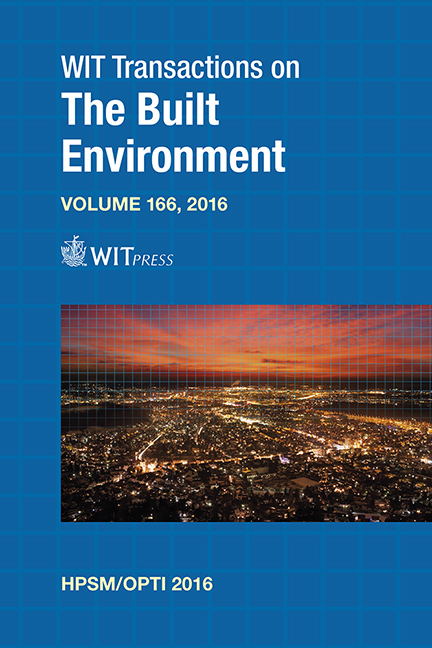Effects Of PP Modification And Processing Time On Fiber/matrix Interfacial Strength For Carbon Fiber Reinforced Polypropylene
Price
Free (open access)
Transaction
Volume
166
Pages
6
Page Range
329 - 334
Published
2017
Size
467 kb
Paper DOI
10.2495/HPSM160301
Copyright
WIT Press
Author(s)
K. Tanaka, K. Ohno, T. Katayama
Abstract
Polypropylene (PP) resin is expected to be used as the matrix of Carbon Fiber Reinforced Thermoplastics (CFRTP) because of its superior properties such as low cost and good processability. However, PP has poor interfacial adhesion with carbon fibers because PP is a non-polar polymer. Therefore, it is necessary to improve its interfacial properties in order to use PP as the matrix of CFRTP. The interfacial properties of CF/PP composites are reported to be improved by introducing a chemical reaction using a modified PP matrix. To enhance this chemical reaction which is time dependent, the processing time is likely to affect the interfacial strength. In this study, to evaluate the influence of PP modification and processing time on the fiber/matrix interfacial shear strength of CF/PP model composites, single fiber pull-out tests were carried out on CF/PP composites produced at different processing times using unmodified PP and various modified PP. The interfacial shear strengths of CF/PP composites using modified PP were higher than those of CF/PP composites using unmodified PP. Long processing time improved the interfacial strength regardless of PP modification and the highly polar modified PP had the highest improve ratio of the interfacial strength.
Keywords
carbon fiber, polypropylene, PP modification, interfacial properties, processing time





